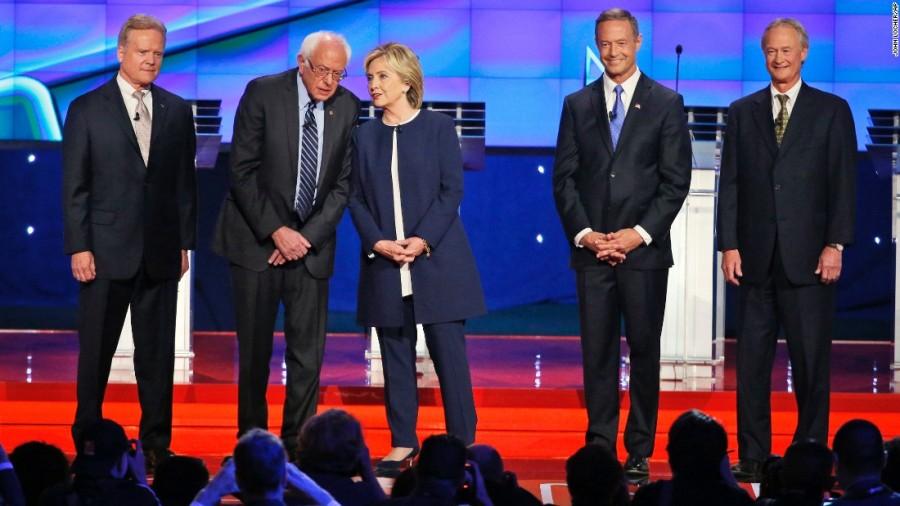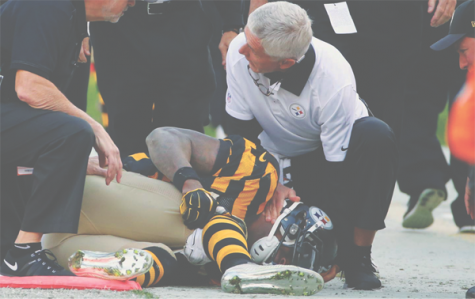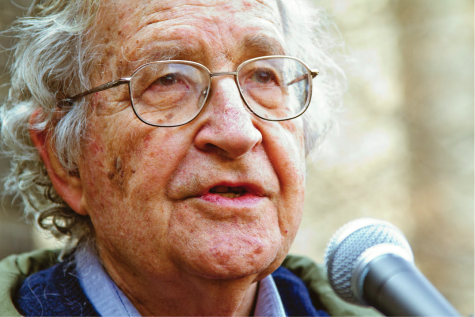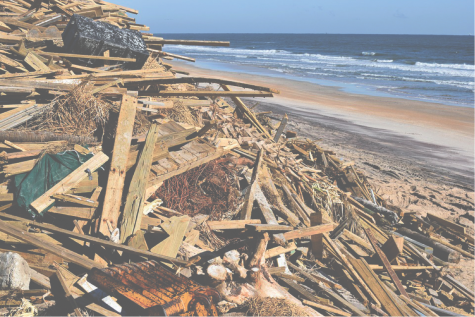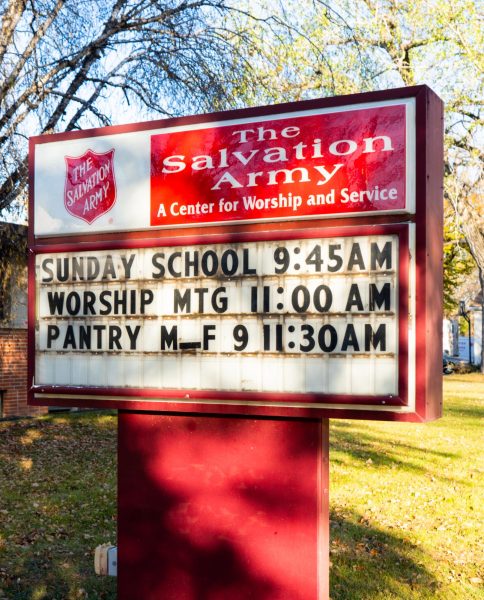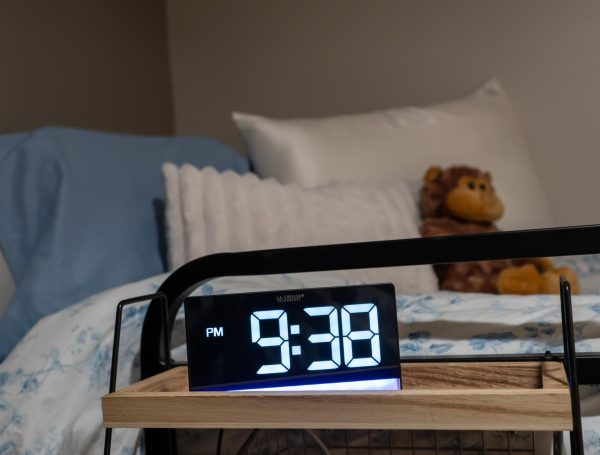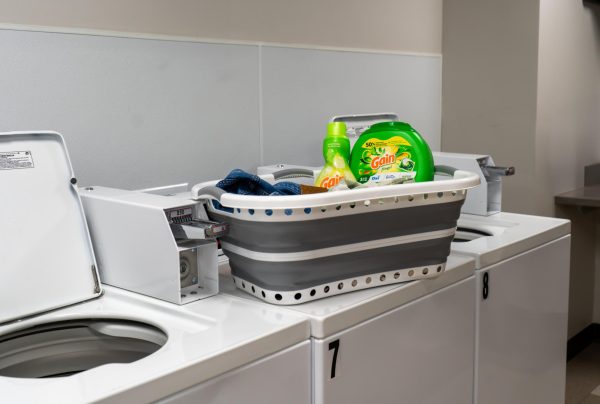CNN’s Democratic debate
The pros and cons of each candidate’s answers throughout the night
Jim Webb, Bernie Sanders, Hillary Clinton, Martin O’Malley and Lincoln Chafee squared off on Tuesday, Oct. 13 in Las Vegas, Nevada. Photo courtesy of politifact.com
Las Vegas was buzzing with energy Tuesday as five presidential candidates engaged in a type of gambling you don’t see inside casinos. The Democratic debate was held at the Wynn Hotel, showcasing Hillary Clinton, Bernie Sanders, Martin O’Malley, Jim Webb and Lincoln Chafee.
The candidates gambled with their words, carefully choosing what to say in hopes of persuading the audience and 15 million viewers at home. Each candidate’s goal is to become the presidential nominee of the Democratic Party. As of right now, there are five more debates scheduled for the candidates.
After February, the debates will stop and a winner will be announced as the Democratic nominee for the 2016 presidential election at some point thereafter. Since this is the first debate, I feel obligated to watch the debates and stay up to date on the facts.
In my opinion, nobody hit the jackpot in this debate. Each candidate had good points and blunders. I expect the polls will not change much after the debate.
Bernie is still popular with a majority of young voters, while Clinton is still in the lead. Vice President Joe Biden remains an enigma, while O’Malley, Webb and Chafee are long-shots to win the presidential nomination.
What would each candidate speak eloquently on? What would each candidate stumble on? Would there be any misleading or false facts?
These are the questions I had in my head heading into the debate. The following is my angle on the debate and what facts need to be checked.
Clinton started the debate describing herself as a progressive who likes to get things done. Later she went on to say that she knows how to find common ground with Republicans and stand her ground on certain issues.
In revising her earlier statement on the Trans-Pacific Partnership trade deal, Clinton claimed she “hoped” it would be a “gold standard.” In 2012, however, she said it was a gold standard.
This raised questions about her integrity as a nominee when CNN anchor Anderson Cooper asked if she would say anything to get into office. Further questioning her integrity, Clinton switched her opinion on the Keystone XL pipeline recently when she voiced her opposition to constructing it. Before, she withheld an opinion on the construction. She also didn’t comment on marijuana legalization, a topic of hot debate within the last couple of years.
Sanders has gained a lot of support from young voters. His view on social security and education resonate with the middle and lower class.
In the debate, the democratic socialist said a political revolution would happen if he were president. Sanders reiterated a few times that when young voters go to the polls, Democrats win.
However, Sanders blundered on a couple foreign policy issues. Sanders claimed that African-American youth unemployment was at 51 percent, but that figure pertains to underemployment. When talking about Putin, Sanders said “Well, I think, um, Mr. Putin, uh, is going to regret, uh, what he is doing.” He also addressed the problems in Syria as “a quagmire within a quagmire.” Um. What does that even mean?
O’Malley was firm on gun control and he drew cheers from the crowd when he interrupted Clinton and Sanders, saying “It’s fine to talk about all of these things, and I’m glad we’re talking about all of these things, but I’ve actually done them”, referencing the movie theater massacre of Aurora, Colo. O’Malley went wrong when he would talk about the debate and not his own positions on the issues at hand.
Webb had good points on national security. When asked about military force in Libya and whether Clinton should have seen the attack in Benghazi coming, Webb pivoted to the role of Russia in Syria. Webb comfortably laid out “three strategic failings” in the Middle East. He listed his accomplishments, including five years at the Pentagon and his service in Vietnam.
He also spoke about China, calling the U.S. relationship with the country “the greatest strategic threat we have right now.”
Each candidate was asked about who their greatest enemy was. Chafee said the coal lobby, Clinton said Republicans and Sanders said special interest groups. Webb, who served in the Marines, answered:, “I’d have to say the enemy soldier that threw the grenade that wounded me. But he’s not around right now to talk to,” flashing a wide grin as the audience started laughing. The laughter stopped, but Webb’s embarrassing response remains on record.
Chafee started with a jab at Clinton when he said, “I’m very proud that over my almost 30 years of public service, I have had no scandals. I’ve always been honest, I have the courage to take the long-term view, and I’ve shown good judgement. I have high ethical standards.” He remained relatively quiet throughout much of the debate.
Sanders, Clinton and O’Malley took up most of the time. When Cooper asked about his 1999 vote to make banks bigger, Chafee said he didn’t know what he was doing. Chafee tried to justify his answer by saying “I’d just arrived, my dad had died in office, I was appointed to the office, I just arrived in Senate. I think you’re being a little rough.”
I’m interested in seeing what the candidates have to say in future debates. With five debates left, the polls will change along with each candidate’s strategies. The next Democratic debate is Nov. 14.
Nick Sallen is the opinion editor for The Dakota Student. He can be reached at [email protected]


